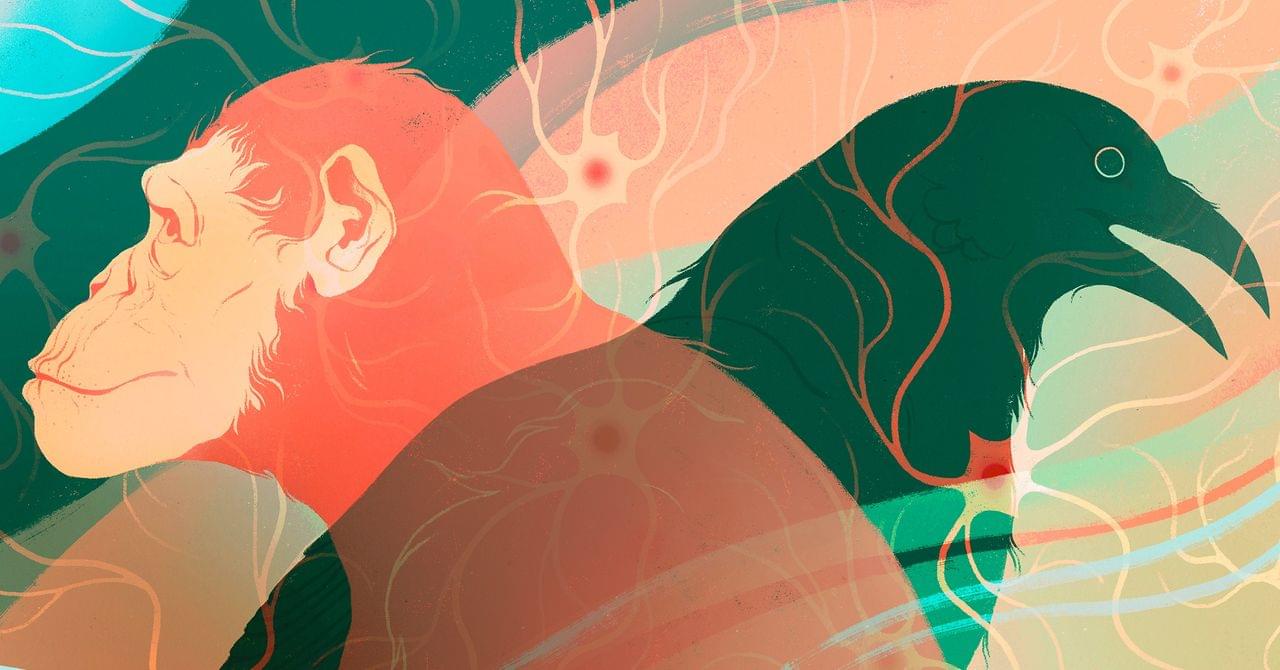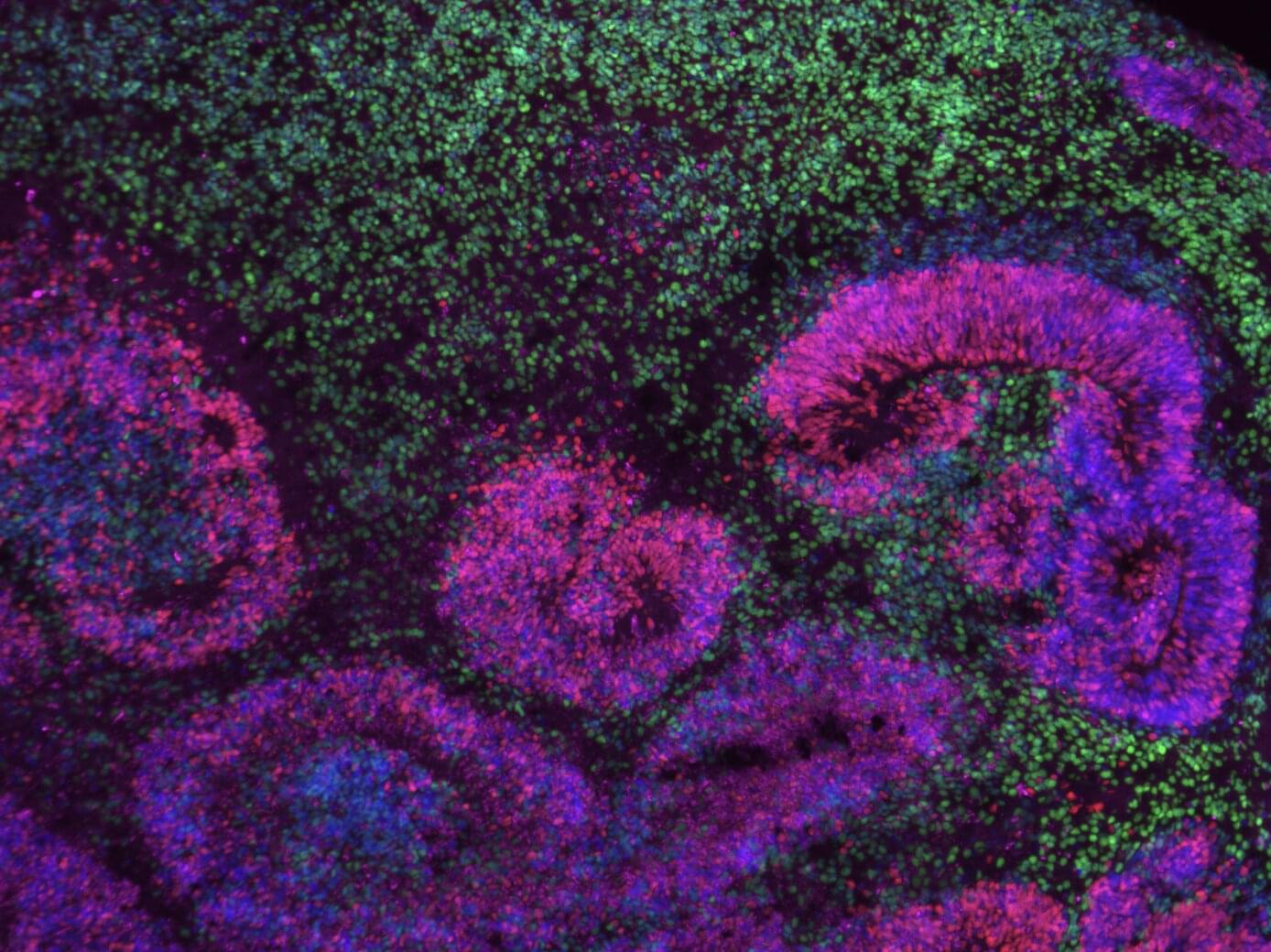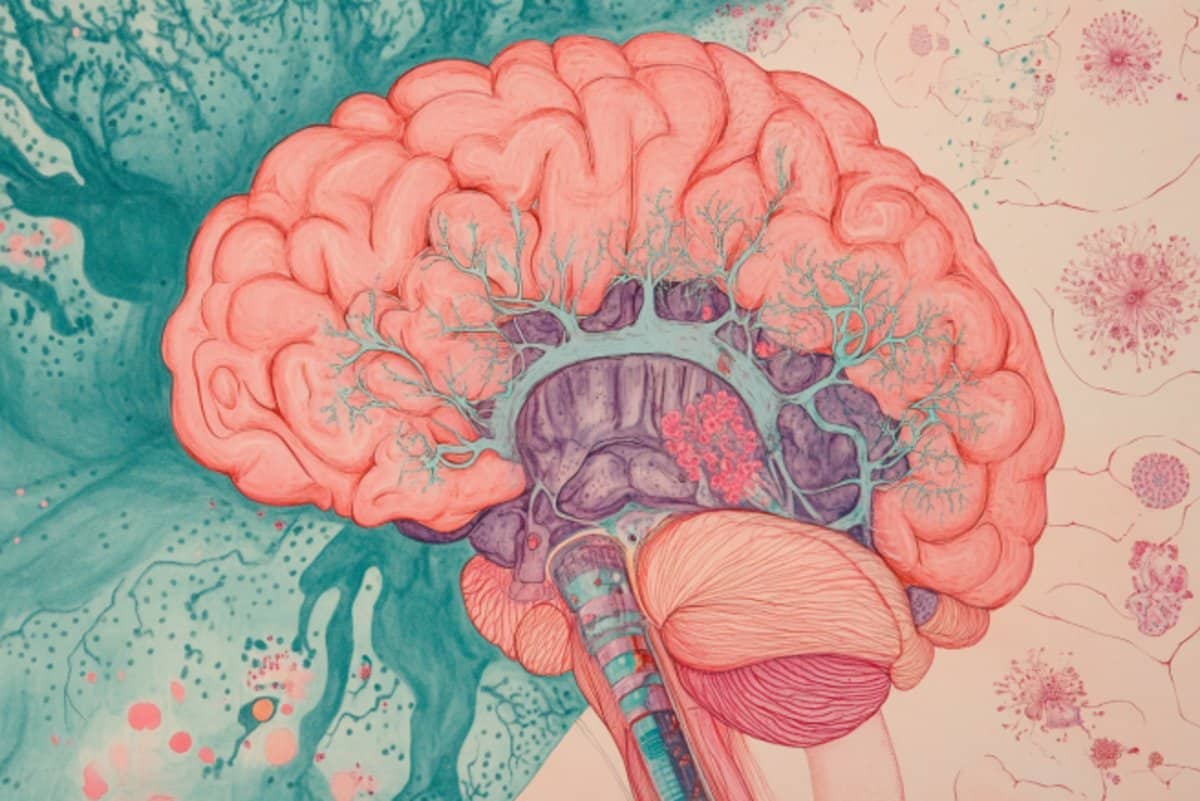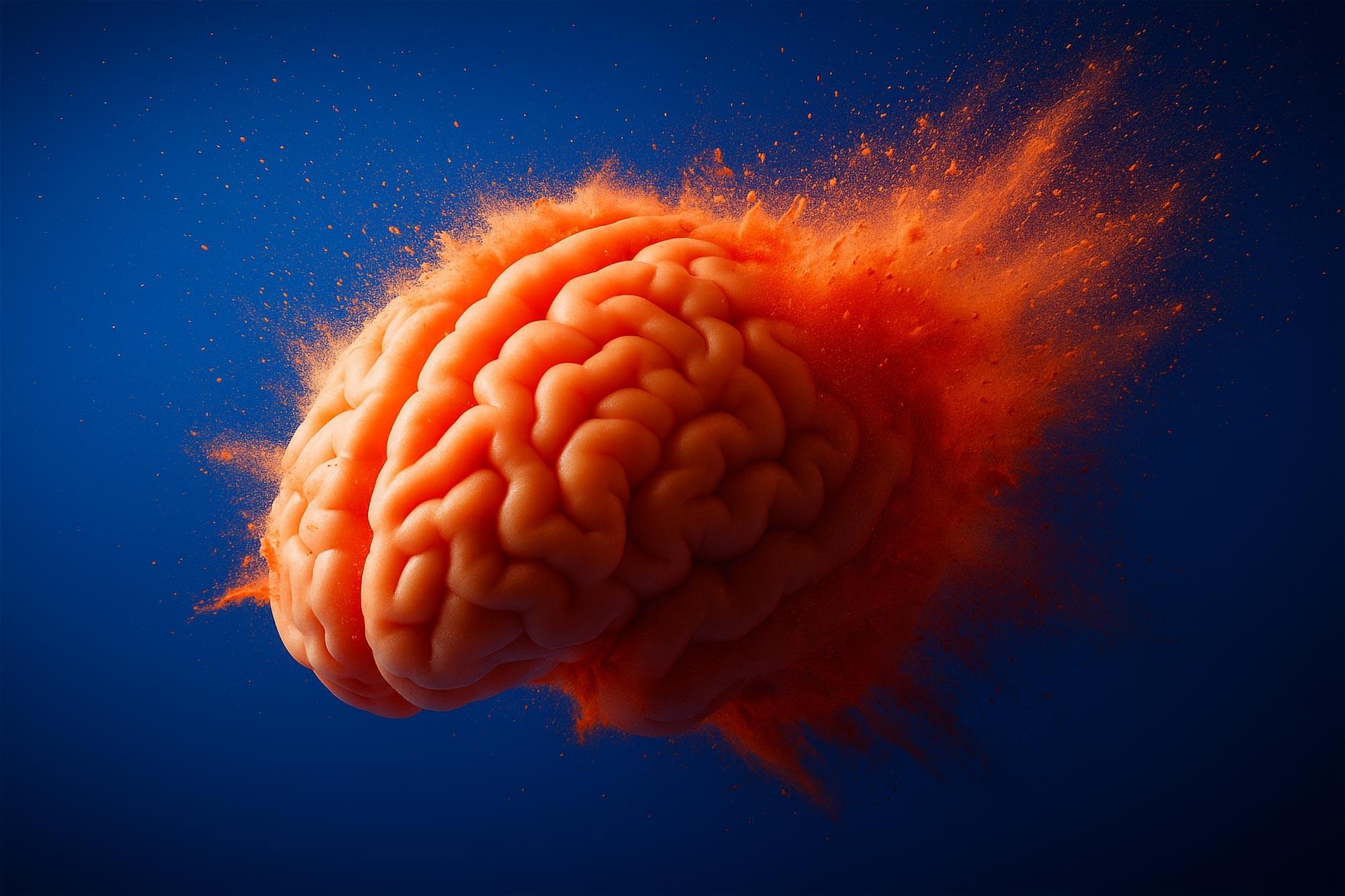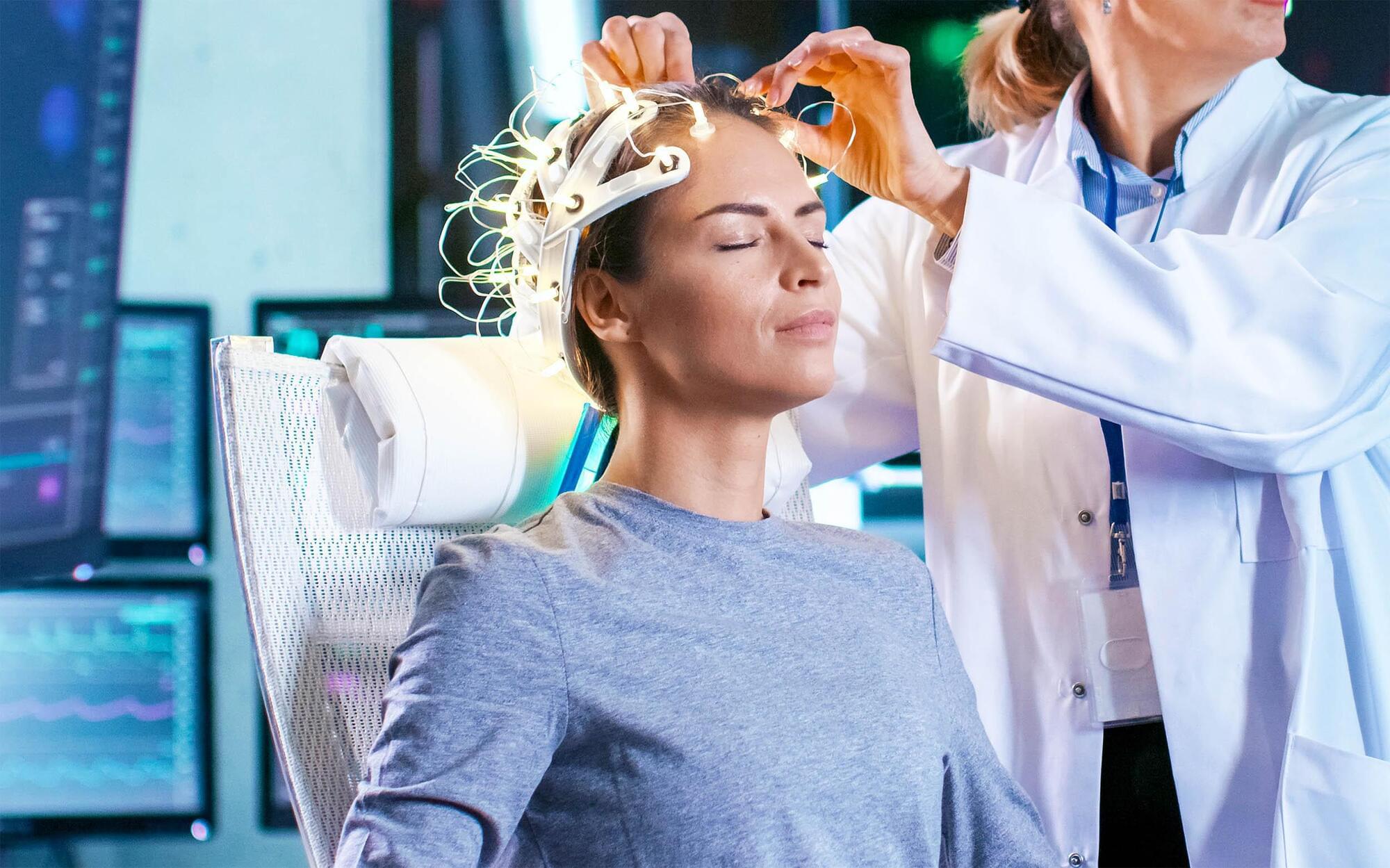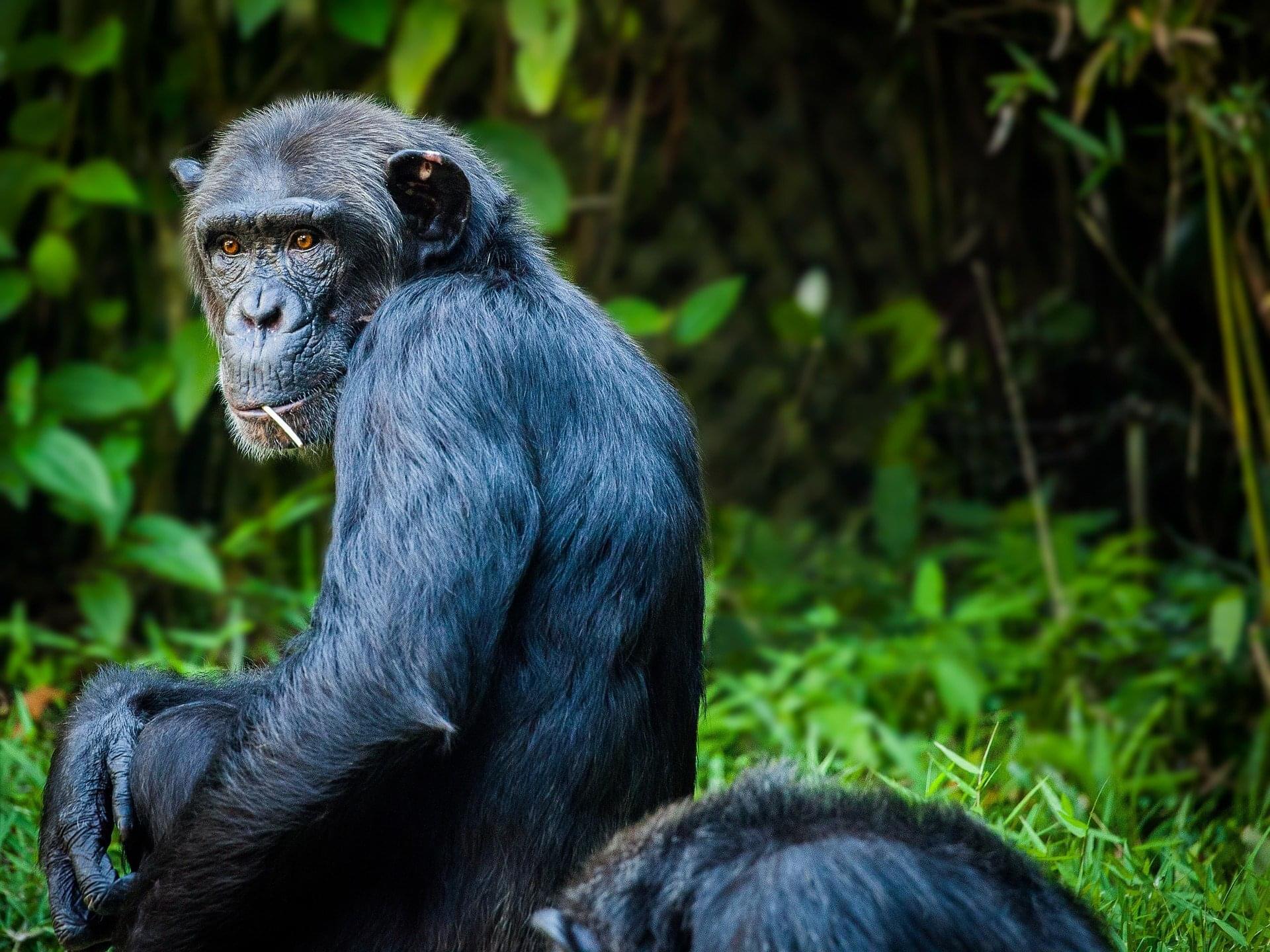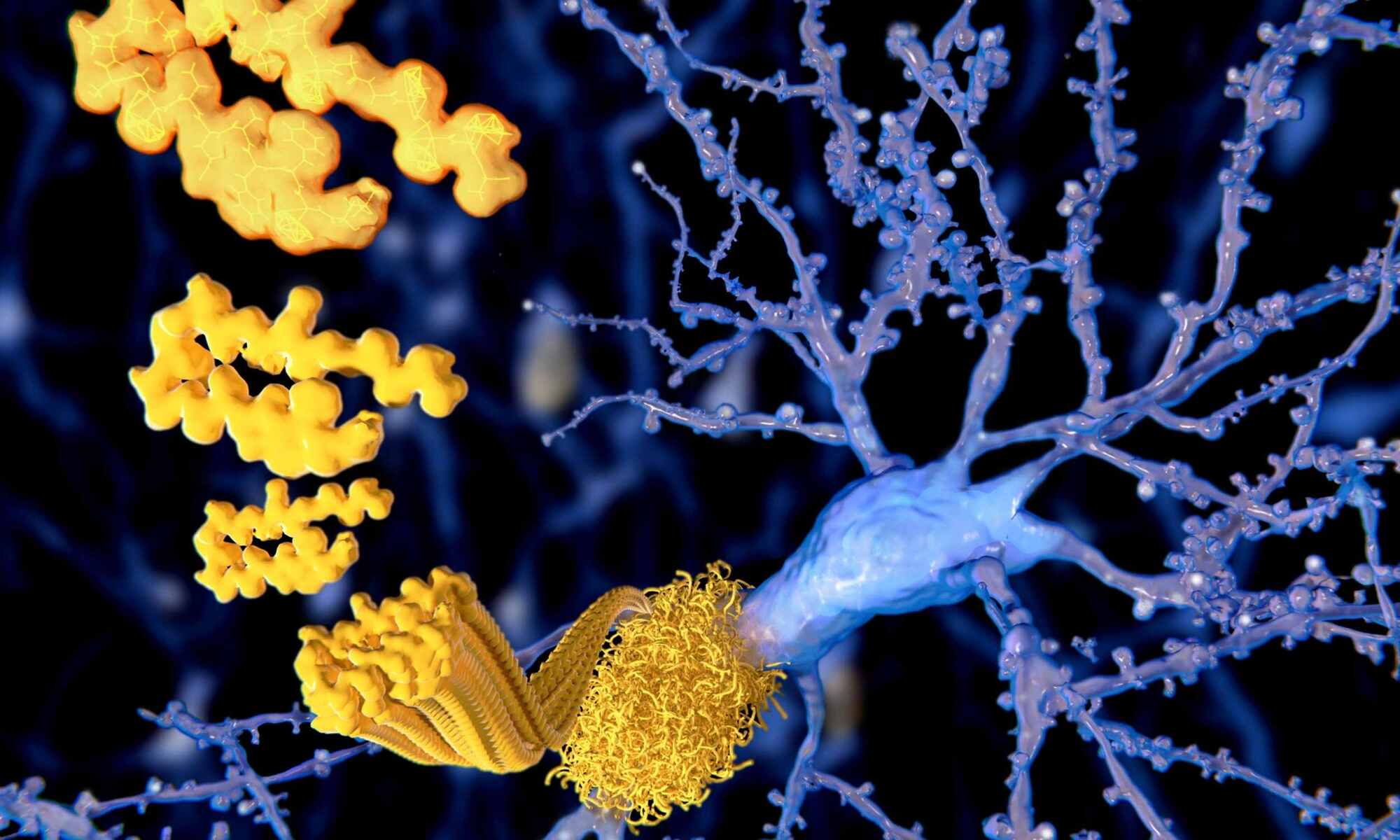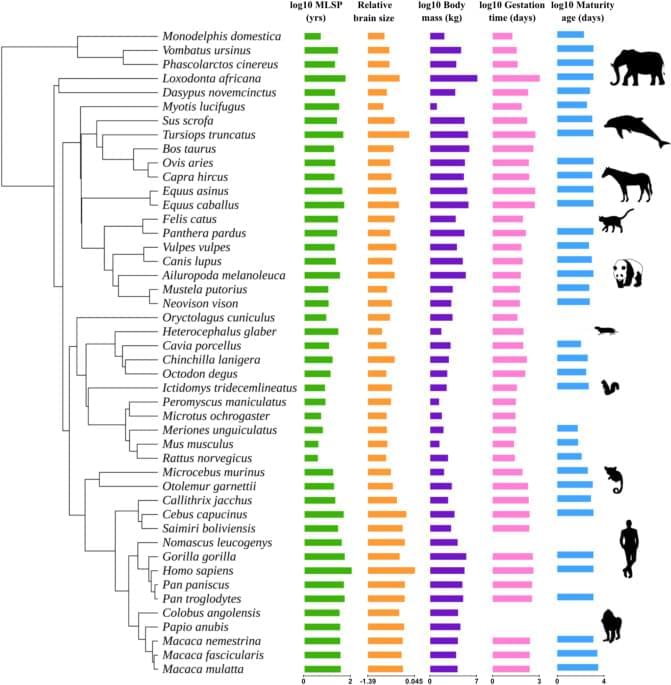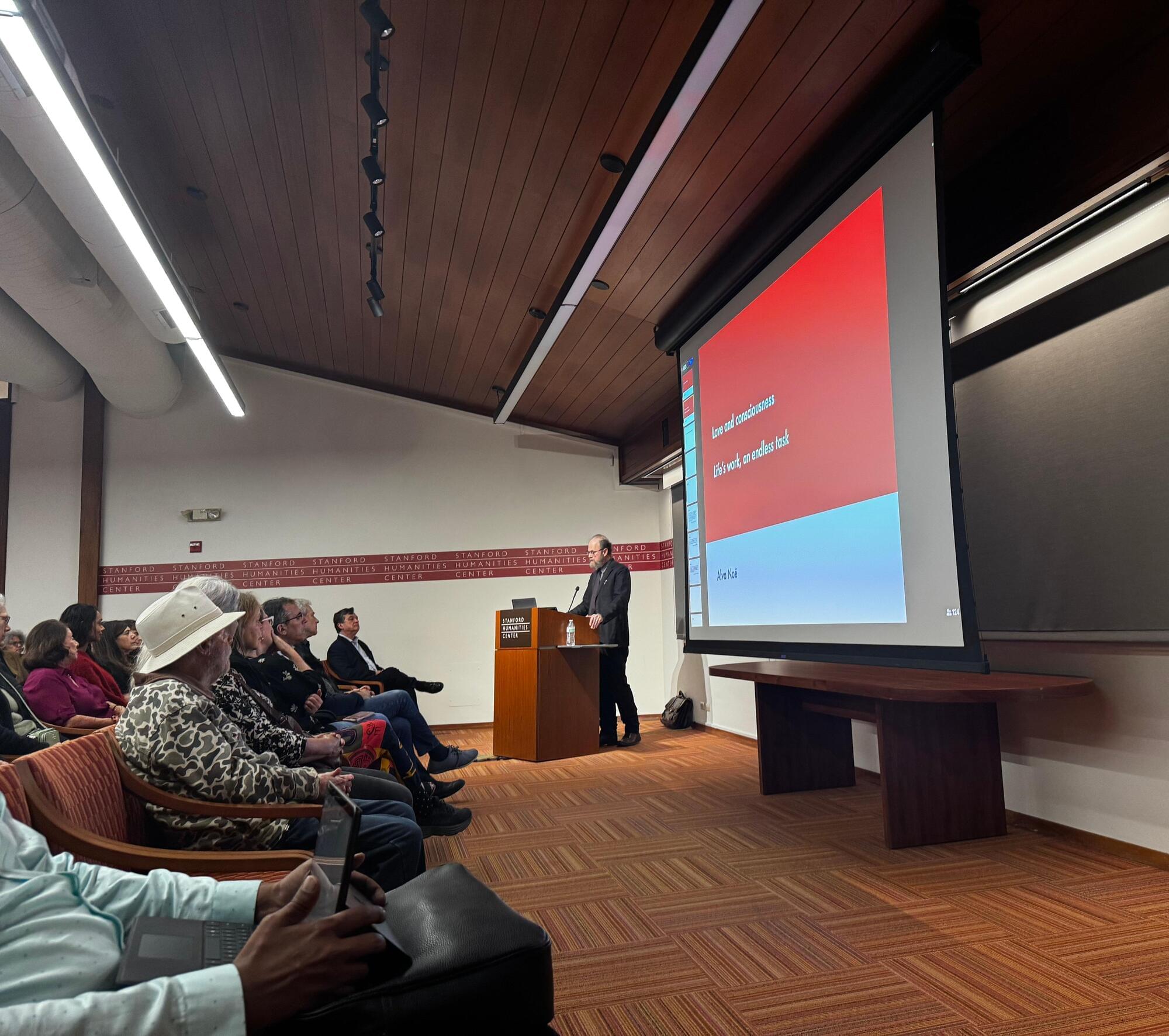Humans tend to put our own intelligence on a pedestal. Our brains can do math, employ logic, explore abstractions, and think critically. But we can’t claim a monopoly on thought. Among a variety of nonhuman species known to display intelligent behavior, birds have been shown time and again to have advanced cognitive abilities. Ravens plan for the future, crows count and use tools, cockatoos open and pillage booby-trapped garbage cans, and chickadees keep track of tens of thousands of seeds cached across a landscape. Notably, birds achieve such feats with brains that look completely different from ours: They’re smaller and lack the highly organized structures that scientists associate with mammalian intelligence.
“A bird with a 10-gram brain is doing pretty much the same as a chimp with a 400-gram brain,” said Onur Güntürkün, who studies brain structures at Ruhr University Bochum in Germany. “How is it possible?”
Researchers have long debated about the relationship between avian and mammalian intelligences. One possibility is that intelligence in vertebrates—animals with backbones, including mammals and birds—evolved once. In that case, both groups would have inherited the complex neural pathways that support cognition from a common ancestor: a lizardlike creature that lived 320 million years ago, when Earth’s continents were squished into one landmass. The other possibility is that the kinds of neural circuits that support vertebrate intelligence evolved independently in birds and mammals.
